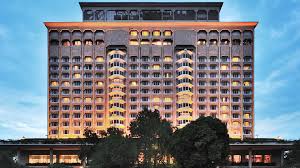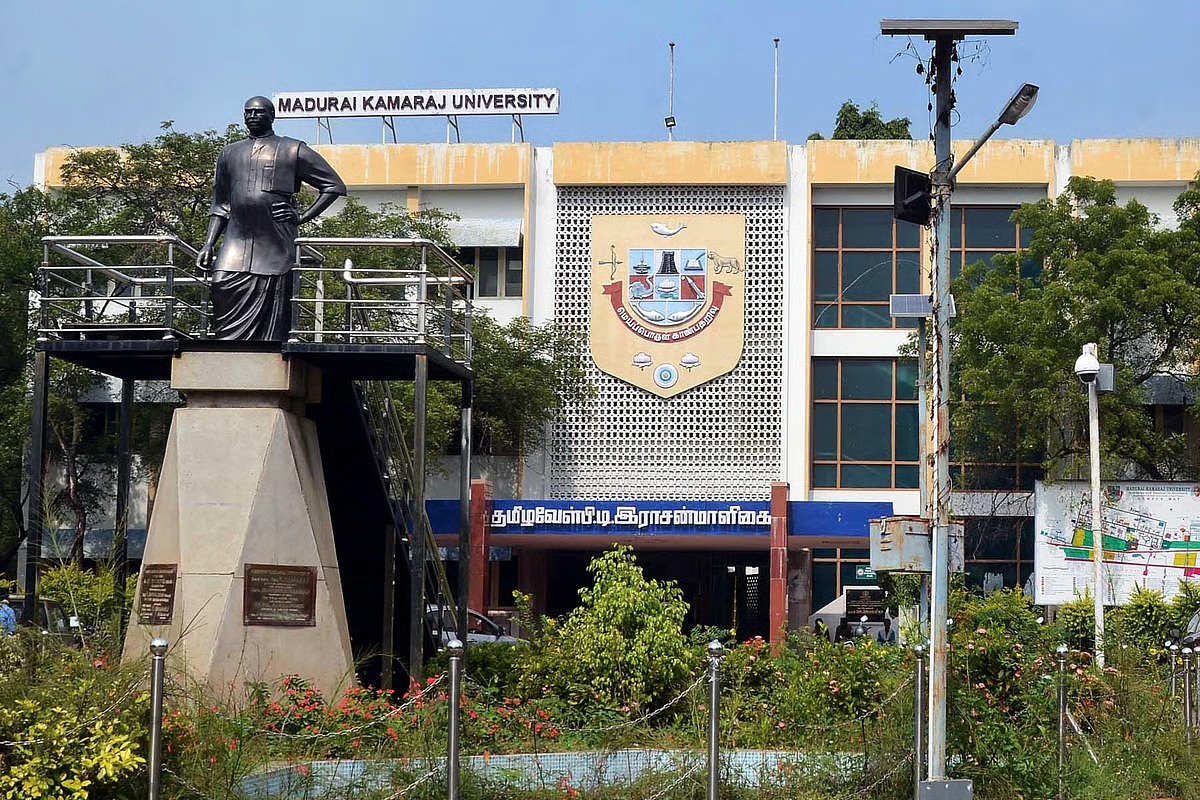Dua, J.@mdashIn the view that I have taken, I do not think it is necessary to state in detail the facts on the merits of the controversy between the parties. The only question which is relevant for the purposes of disposal of this appeal relates to the prayer made on behalf of the appellant in the Court of the Additional District Judge, Mahendragarh for adjourning the hearing on the ground that the mother of the counsel, who had been briefed to argue the appeal, had got a sudden heart attack and refusal of the Court to accede to this prayer.
2. According to the judgment of the learned Additional District Judge, the appeal was fixed for arguments in his Court for 15th October, 1960. On the preceding day, Shri Mittal, counsel for the plaintiffs-appellants had stated that the appeal was to be argued by Shri B.C. Misra an Advocate of Delhi, but the said counsel was unable to attend on that day. An application had also been put in praying for adjournment, stating that Shri Misra''s mother had suddenly got a severe heart attack. This was accompanied with a medical certificate. The learned Additional District Judge has observed in his order that the medical certificate did not speak of any sudden attack but mentioned that Shri Misra''s mother required constant attendance because of old heart trouble. The learned Judge, however, mentioned that a number of adjournments had already been obtained on account of Shri Misra''s inability to attend. The appeal being more than one year old, the lower Appellate Court felt constrained to take it up on 18th October, 1960, though, as is expressly mentioned in the order, there was no counsel to argue the appeal, on behalf of the plaintiffs-appellants. Shri Mittal, local counsel, was unable to address any argument presumably because the brief had not been received back from Shri Misra by then.
3. The learned counsel for the appellant before me, Shri B.C. Misra, has concentrated his address on this part of the case and has very seriously contended that the lower Appellate Court has erred in refusing the adjournment and hearing the appeal without any arguments on behalf of the appellant in support of the appeal. It is emphasised that this is virtually a dismissal of the appeal in default because no one prepared to argue the appeal had appeared on behalf of the appellant, the lengthy judgment by the Court notwithstanding. My attention has been drawn to some decisions of other High Courts which appear to support the contention raised on behalf of the appellant. In
4. On the merits also, it has been stressed that the learned Additional District Judge was in error in not granting the prayer for adjournment. It has been argued that on the facts and circumstances of this case, costs would certainly have met the ends of justice in so far as the inconvenience caused to the opposite party was concerned. It is emphasized that the points involved in the appeal in the Court below could not be considered to be very simple and the learned Judge should have granted a short adjournment particularly because the absence of the counsel was due to his mother having got a sudden heart attack. The learned Additional District Judge, according to Mr. Misra, was not justified in insinuating that the attack was not sudden by referring to the medical certificate, for, an old patient of heart trouble might well get an acute attack suddenly.
5. On behalf of the respondents, Shri Roop Chand has drawn my attention to the record and has submitted that the appeal was an old one and that the learned Additional District Judge was fully empowered in his discretion of refuse adjournment even though the absence of the counsel on the given date was unavoidable and beyond his control. This discretion, according to the counsel, cannot be interfered with on appeal. Reliance has been placed by the counsel on O.41 R.17, Code of Civil Procedure.
6. After hearing the counsel for the parties and devoting my most earnest attention to the facts and the law cited at the bar, I am disinclined, as at present advised, to refer the matter to a larger Bench for reconsidering the decision of the Division Bench in Ruprani Devi''s case AIR 1949 E.P. 86. I am, however, of the view that the learned Additional District Judge should in fairness and to promote the cause of justice, have given a short adjournment on payment of costs to the opposite party. Rules of procedure, as is by now very well recognised, are designed to facilitate justice and further its ends. They are also grounded on the principle of natural justice which requires that the proceedings and decisions affecting suitors'' rights should, so far as reasonably possible, be conducted and made after hearing them or affording them a reasonable opportunity of placing their points of view. In determining the question of hearing a cause without the assistance of arguments by a professional lawyer or of adjourning it to have such assistance, a Court is in view of the above rule, confronted with a serious problem as to how far costs as a condition for adjournment in a given case would serve the cause of justice. It is of the essence in such a case to keep a proper balance between the reasons for adjournment and the nature of the points calling for determination in the case and also the relative stakes of the parties in the controversy.
7. In the case in hand, the mother of the counsel, who had been briefed to argue the appeal, got a sudden heart, attack at the crucial moment. I am informed that the lady has since died. There was no stay of execution of the decree and the parties are agreed before me that the respondents had obtained possession; the points involved in their appeal were by no means brief or simple because being a first appeal, questions both of fact and law were subject to review. The lower Appellate Court appears to have thought that the heart attack mentioned in the application for adjournment supported by the medical certificate could not be sudden, as the lady had been suffering from heart trouble for sometime. This clearly ignores the fact that a heart patient may get heart attack suddenly which may be acute and merely because heart trouble disease is old does not necessarily rule out an attack being sudden. The Court below thus misdirected itself on a material point and was not right in insinuating that the plea of sudden attack was not convincing. In matters of adjournments, costs, as has often been observed, by and large, constitute a panacea of the inconvenience caused to the opposite party. The lower Appellate Court does not seem to have adverted to this aspect and has not gone as deep into the matter as the case demanded. For all practical purposes the appeal was dealt with as if for default, though the Court does seem to have made an earnest attempt to deal with the merits. Here, I cannot help observing that without professional assistance in our system of judicial administration, a Court can hardly achieve as satisfactory a result in deciding controversies before it as it can do with the assistance from the bar; bar being an essential wing in the administration of justice. Courts should not deprive themselves of such assistance except for truly unavoidable reasons, though I do not mean to lay down that there may not be circumstances which would justify determination of causes without the assistance of counsel.
8. In the present case, in my view, a short adjournment on payment of substantial costs would have better met the ends of justice and the condition should have been imposed that on the next hearing, the party must make an arrangement for conduct of the appeal. On the facts and circumstances of this case, I think, the appellant must pay substantial costs if they want to have the appeal reheard by the lower Appellate Court. A sum of Rs. 500/- suggested by me has been paid by the appellant to Shri Roop Chand, counsel for the respondents, in my presence and has been accepted by him.
9. For the foregoing reasons, I allow the appeal, set aside the judgment and decree of the lower Appellate Court and remand the case back to the Court of the District Judge for rehearing and re-deciding the appeal on the merits, according to the law and in the light of the observations made above. The parties have been directed to appear in the Court of District Judge, Sangrur on 13th November, 1961, when the Court would give the parties another short date, if possible, convenient to both the counsel. The disposal of the appeal should in no case go beyond the end of this year and must be disposed of before 31st of December, 1961. Shri Misra requested that the Court be directed to fix the appeal on some Saturday. I am afraid it is not possible for me to make this direction, it being a matter for the discretion of the Court below, which will be exercised keeping in view the work before it. I am sure that if possible, the Court would accommodate the counsel before it.

